Our History
"It is in front of the many barriers (myths, prejudices, silence) erected around the question of sexual assault and the observation of a significant demand for services from sexually assaulted women that was born in 1975 in Montreal, the first aid center. In a short time, six other centers were opened across the province.
Our analysis of sexual assault is feminist. It permeates our work, our management, our practices and our interventions. During the interventions, the economic, political and social aspects of the problem are discussed. It is by making women aware of the external causes of the climate of violence that they come to make the link between the position of potential victim and the integration of female stereotypes conveyed in our society. The causes of violence are, above all, social. Actions to eliminate them must also be social.We consider that no woman is safe from sexual assault and that specific oppressions related to age, ethnocultural origin, sexual orientation and gender identity, political allegiance, class or social status, or overall health (physical, intellectual, etc.) present additional potentials of vulnerability for some of us. CALACS wants to be a place where every woman has her place.
Faced with the discriminatory attitude of the police and judicial system, the lack of reception and adequate care of the hospital system and the scarcity of aid resources, feminists concerned about this reality have worked on the establishment of resources to come to the aid of sexually assaulted women (Vandal, 1997, 1998; Robitaille and Tessier, 2010).
Finally, the general population often harbored many prejudices not only regarding sexual assault but also towards women, who are its main victims. Unfortunately, some of these situations still prevail today and have the effect of confining sexually assaulted women to shame, isolation and fear. At that time, it was clear that the CALACS were faced with a judicial system that provided little or no protection, the right to security and freedom of women, which did not fully recognize the seriousness of this crime and even less the psychological and physical consequences suffered by sexually assaulted women. From the very beginning, the centers were set up by women who decided to respond to their own needs and to advocate for changes both socially and legally.
Thanks to their perseverance, there are now 26 centers in Quebec to help and fight against sexual assault that are part of the Quebec group. In order to strengthen the effectiveness of their local and regional struggles, reduce their geographic isolation and create a pressure force, the centers founded, in 1979, the Regroupement québécois des centres d’aide et de lutte contre les agressions à caractère sexual. At that time, the main objective of the Regroupement was to ensure the financial survival of the centers. Since then, the Regroupement has become an important network for exchange, information and training with CALACS, allowing workers, activists and collaborators who are members to deepen their thoughts and share their experiences. The Regroupement is also a means for its members to carry out common struggles, files and projects.
* Numerous pressures exerted in the 1980s on the Ministry of Health and Social Services made it possible to lay the groundwork for the basic financing of the centers. The questions of financing, consolidation and development are still relevant in the CALACS * "


